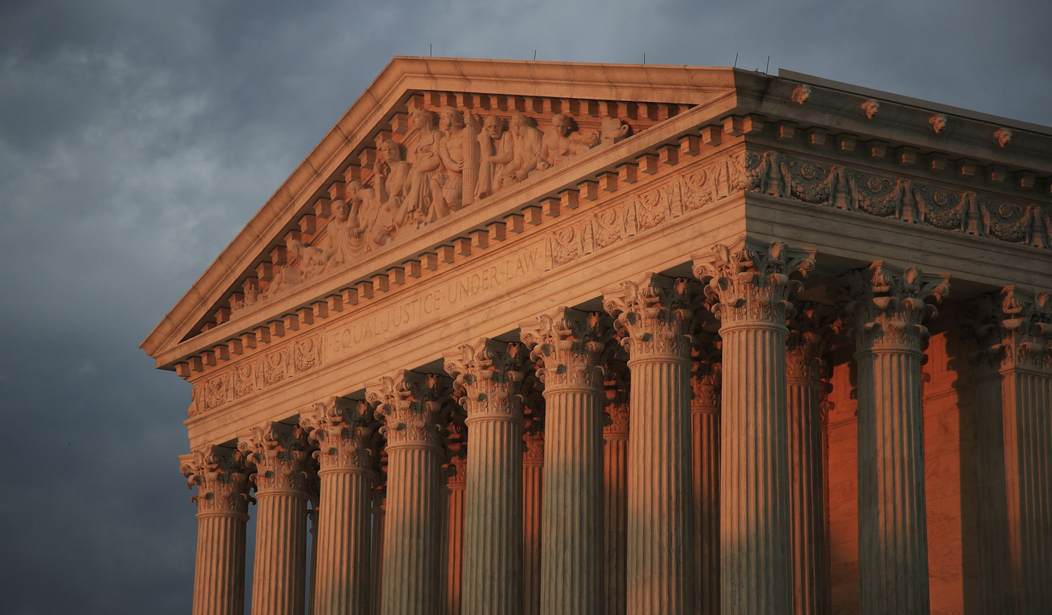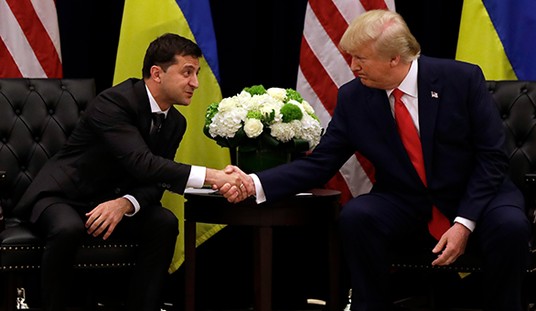Although William F. Buckley famously admonished against immanentizing the Eschaton – in other words, avoid an excessively apocalyptic mindset – the stakes could scarcely be higher for conservatives and the nation’s future course as we enter 2020.
With a pivotal election approaching, and an increasingly maniacal political left willing to exploit the most ruthless methods to reacquire political dominance, conservatives rightly feel a sense of unease.
To be sure, the U.S. economy stands as the most prosperous in human history, American innovation remains unparalleled, and President Donald Trump and Senate conservatives have brilliantly and systematically populated our judicial system with more constitutional conservatives.
Each of those achievements, however, remains vulnerable to reversal based upon which course the nation chooses in November. The American electorate must decide whether to embrace the conservative values that have propelled us to these heights, or instead risk forfeiting them by allowing the left to reacquire power.
Perhaps nothing better illustrates that critical choice than the U.S. Supreme Court. Its current term features several pivotal cases, highlighting how its composition going forward will shape our nation and the constitutional rights that we must fight to protect.
The first and perhaps most politically contentious case involves the Second Amendment’s individual right to keep and bear arms.
At issue in New York State Rifle & Pistol Assn. v. New York is a New York City law that rigidly prohibits transporting legally owned firearms by restricting their transport beyond city limits. It’s an incomprehensible and indefensible restriction, which would rewrite the Second Amendment to protect the right to “keep” arms but not “bear” them. Since the Supreme Court affirmed that the Second Amendment protects an individual right, rather than some mythical collective state right as leftists bizarrely insist, jurisdictions such as New York have attempted to suffocate those rulings by imposing limitation after limitation such as this.
Recommended
Although opponents of Second Amendment rights hope that the Supreme Court dismisses the case since New York conveniently rescinded it, it has so far refused to do so. And that’s certainly good news. The Second Amendment extends beyond a citizen’s mere home, and a closely balanced Supreme Court has the opportunity to make that clear this term.
A second case involves intellectual property (IP) protections, which the U.S. protects more strongly than any other nation, and which largely explains our unparalleled legacy of innovation. While perhaps not as prominent in popular media as the Second Amendment case, it nevertheless maintains critical importance. Google v. Oracle, a long-running copyright case between two tech industry giants, addresses an issue of fundamental importance to the American Experiment: private property rights. And with the Supreme Court set to hear the case sometime in the new year, the future of U.S. copyright protection may hang in the balance.
Basically, the lawsuit centers upon Google’s apparent mishandling of Java, a copyrighted piece of software. Rather than license the program from Oracle, Google disregarded the legal copyright protections and just lifted the relevant portions of the code — 11,500 lines in total. When Oracle inevitably found out and sued over the alleged theft, which only happened after Google tried licensing it, Google argued that the code itself shouldn’t be subject to protection in the first place.
The Supreme Court’s pending ruling in the case has obvious implications for the future of copyright protection within the United States. Should Google prevail in the lawsuit, current legal protections for software would likely be substantially eroded. Equally important, however, SCOTUS would effectively sanction the theft of digital property, damaging the fundamental right to private property enshrined in America’s Constitution.
A third prominent dispute that the Supreme Court will address this term concerns one of the mainstream media’s favorite topics: the left’s ongoing attempt to compel public disclosure of President Trump’s private tax returns. After years of leftist attempts to force the sitting president to release his personal financial records, the Supreme Court is scheduled to settle the dispute once and for all.
While the dispute may seem superficial, a ruling against the president could substantively disrupt the American governmental system. If the Supreme Court were to rule against Trump in the case, that ruling would effectively create an open season on any president of the United States, allowing politically motivated investigations to bog down future administrations with endless litigation. It would strip our political system of the essential separation of powers doctrine, greatly weakening the executive branch in the name of targeting President Trump.
Each of these Supreme Court cases illustrates the grave implications for not just the litigants in question, but also for America’s ongoing prosperity and constitutional protections more broadly. In turn, that once again confirms the critical issue of judicial appointments, which this year’s election will determine. It’s a looming battle from which conservatives mustn’t shrink.
























Join the conversation as a VIP Member